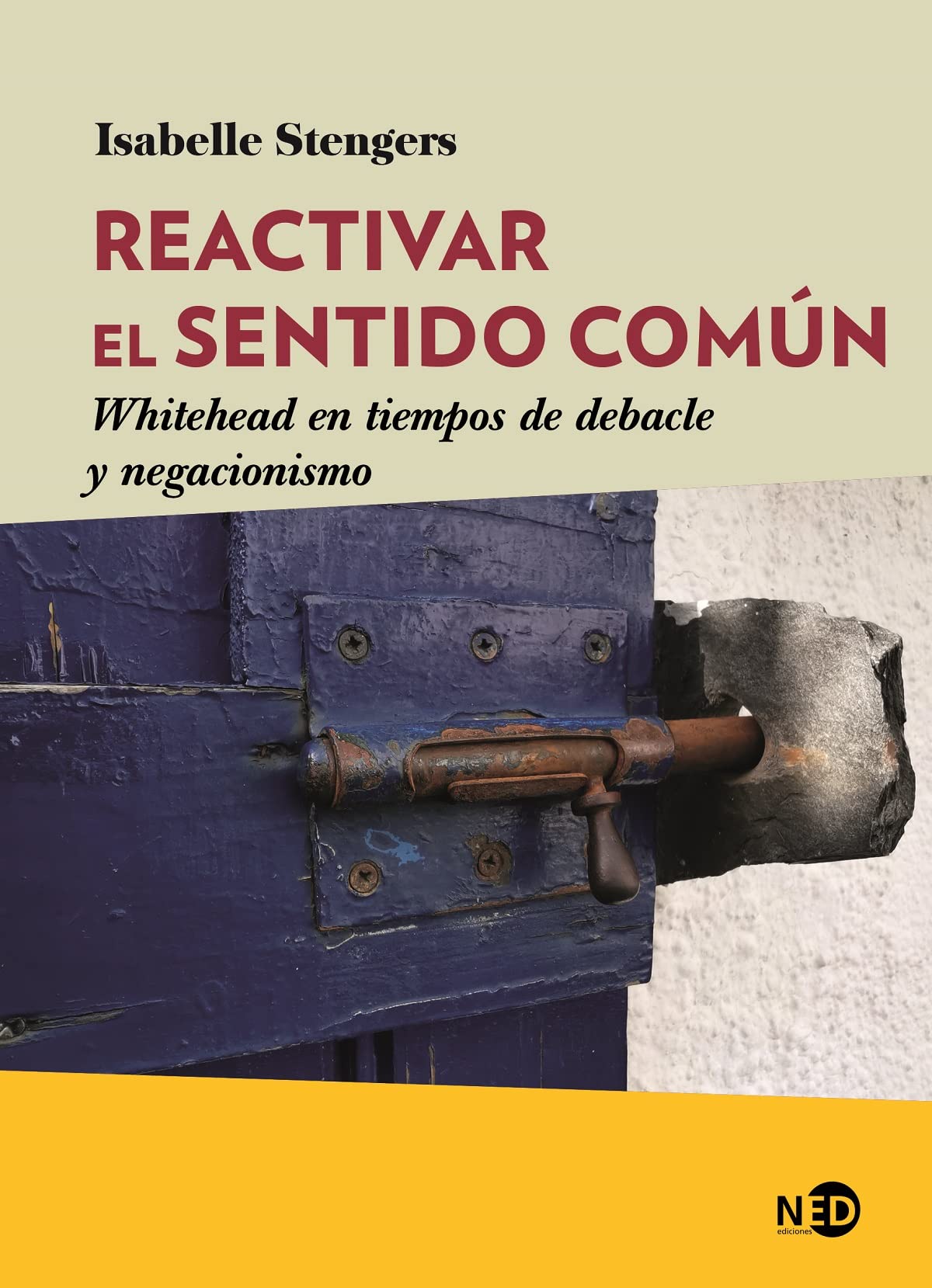What do you think?
Rate this book


Opposer les scientifiques à un " public prêt à croire n'importe quoi " – et qu'il faut maintenir à distance – est un désastre politique. " Ceux qui savent " deviennent les bergers d'un troupeau tenu pour foncièrement irrationnel. Aujourd'hui, une partie du troupeau semble avoir bel et bien perdu le sens commun, mais n'est-ce pas parce qu'il a été humilié, poussé à faire cause commune avec ce qui affole leurs bergers ? Quant aux autres, indociles et rebelles, qui s'activent à faire germer d'autres mondes possibles, ils sont traités en ennemis.
Si la science est une " aventure " – selon la formule du philosophe Whitehead –, ce désastre est aussi scientifique car les scientifiques ont besoin d'un milieu qui rumine (" oui... mais quand même ") ou résiste et objecte. Quand le sens commun devient l'ennemi, c'est le monde qui s'appauvrit, c'est l'imagination qui disparaît. Là pourrait être le rôle de la philosophie : souder le sens commun à l'imagination, le réactiver, civiliser une science qui confond ses réussites avec l'accomplissement du destin humain.
Depuis Whitehead le monde a changé, la
débâcle a succédé au
déclin qui, selon lui, caractérisait " notre " civilisation. Il faut apprendre à vivre sans la sécurité de nos démonstrations, consentir à un monde devenu problématique, où aucune autorité n'a le pouvoir d'arbitrer, mais où il s'agit d'apprendre à faire sens en commun.
208 pages, Paperback
Published February 1, 2022